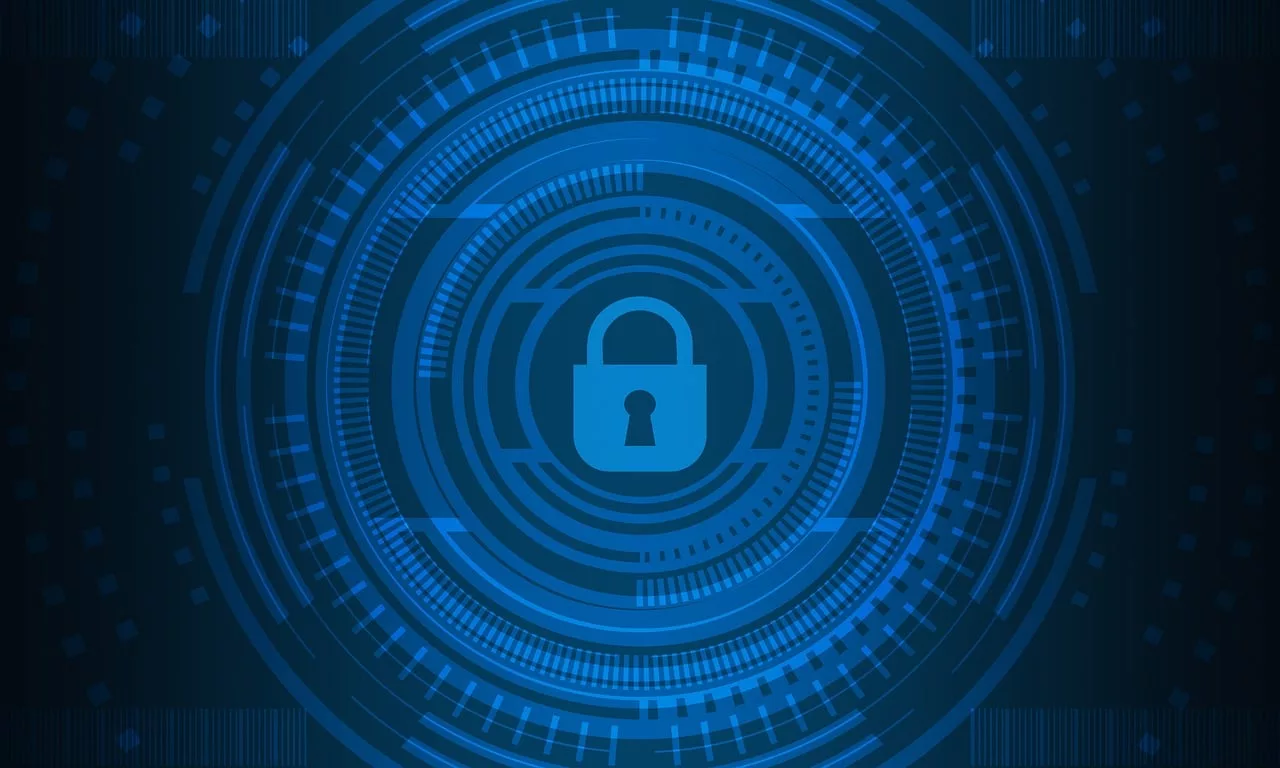October is Cybersecurity Awareness Month, making it the perfect time for small businesses to take a closer look at their online security. Many business owners assume that hackers only target large corporations, but the reality is very different: small businesses are often seen as easy targets. This article’s purpose is to bring strong awareness about small business cybersecurity.
If your website is vulnerable, you risk not only your data but also your customers’ trust. Here’s why small business cybersecurity matters — and why your website should be your first line of defense.
Small Businesses Are Prime Targets: Small Business Cybersecurity Matters Greatly!
According to industry reports, nearly half of all cyberattacks are directed at small businesses. Why? Because hackers know many small businesses lack the resources or knowledge to implement strong cybersecurity practices.
Example: A local retail shop might run a simple WordPress site without updating plugins. This opens the door for malware, ransomware, or data theft — all of which could bring the business to a halt.
Website Hacks Damage Trust
Your website is often the first impression potential customers have of your business. If it’s hacked — showing spammy popups, redirecting to malicious sites, or marked “Not Secure” by Google — your credibility suffers instantly.
Customers expect you to protect their data. Once trust is broken, it’s incredibly hard to win back.
Financial Consequences Are Severe
A single cyberattack can cost thousands of dollars in recovery fees, legal expenses, and lost sales. For small businesses, this kind of setback can be devastating.
Example: A hacked e-commerce site that leaks customer payment information may not only face immediate sales loss but also potential fines for failing to protect sensitive data.
Cybersecurity Strengthens Your Brand
On the positive side, investing in cybersecurity gives you a competitive edge. A secure website (with HTTPS, strong authentication, and regular updates) reassures customers that shopping or interacting with your brand is safe.
Security isn’t just protection — it’s also a selling point.
Getting Started with Small Business Cybersecurity
Here are a few first steps to strengthen your website’s security:
- Use SSL certificates to encrypt data.
- Keep software, themes, and plugins up to date.
- Implement two-factor authentication (2FA) for admin logins.
- Back up your website regularly.
- Train your staff on basic cyber hygiene (read more about this here).
- Create extremely hard to guess passwords!
Final Thoughts
Cybersecurity isn’t just a technical issue — it’s a business survival issue. By prioritizing small business cybersecurity and taking steps to protect your website, you’re not only safeguarding your operations but also reinforcing customer trust.
This October, make cybersecurity part of your business growth strategy.
If you are not sure if your website is secure, contact us today for a FREE cybersecurity audit!


